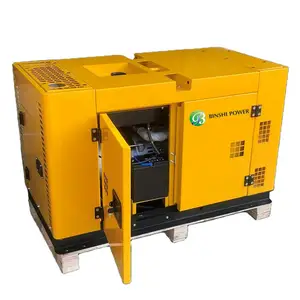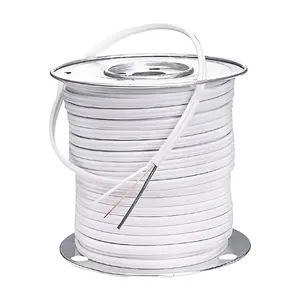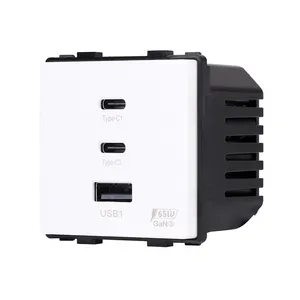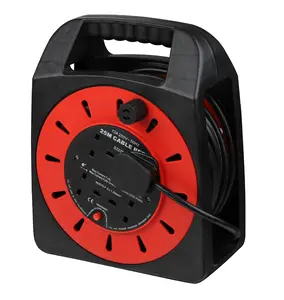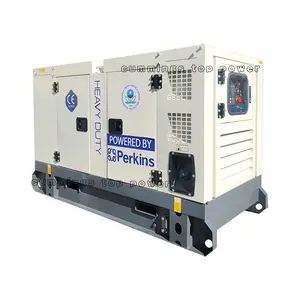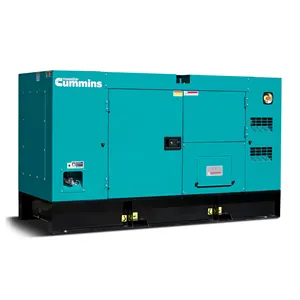Popular in your industry
















































































































































































































Top categories
About smd ic chip counter
Understanding SMD IC Chip Counters
Surface-mounted device (SMD) integrated circuit (IC) chip counters are specialized tools used in the electronics manufacturing industry. These devices are essential for inventory management and preparation of SMD tape and reels for production. An SMD IC chip counter ensures accurate counting of components, which is crucial for maintaining production efficiency and minimizing waste.
Types and Applications
There are various types of chip counters, including portable and desktop models, each serving the same fundamental purpose but with different features tailored to specific needs. These counters find their applications across electronic manufacturing services (EMS), aiding in the counting of chips for PCB assembly, stocktaking, and during the kitting process.
Features of SMD IC Chip Counters
A typical SMD counter is equipped with features such as high-speed scanning, automatic start-stop functionality, and the ability to handle a wide range of SMD reel sizes. These counters often come with digital displays for easy reading of counts and may include interfaces for data transfer.
Materials and Construction
The construction of an IC chip counter involves durable materials that can withstand the rigors of a manufacturing environment. Components like the scanning sensor and reel holder are designed for both longevity and precision, ensuring consistent performance over time.
Advantages of Using SMD IC Chip Counters
Utilizing an electronic component counter in the production process brings several advantages, such as reducing manual counting errors, saving time, and improving inventory accuracy. These benefits contribute to a more streamlined manufacturing process and better resource management.
Choosing the Right SMD IC Chip Counter
Selecting the appropriate component counting machine depends on specific requirements like counting speed, reel size compatibility, and additional functionalities such as barcode printing or integration with inventory management systems. It is important to consider these factors to ensure the chosen counter meets the operational needs of the business.
